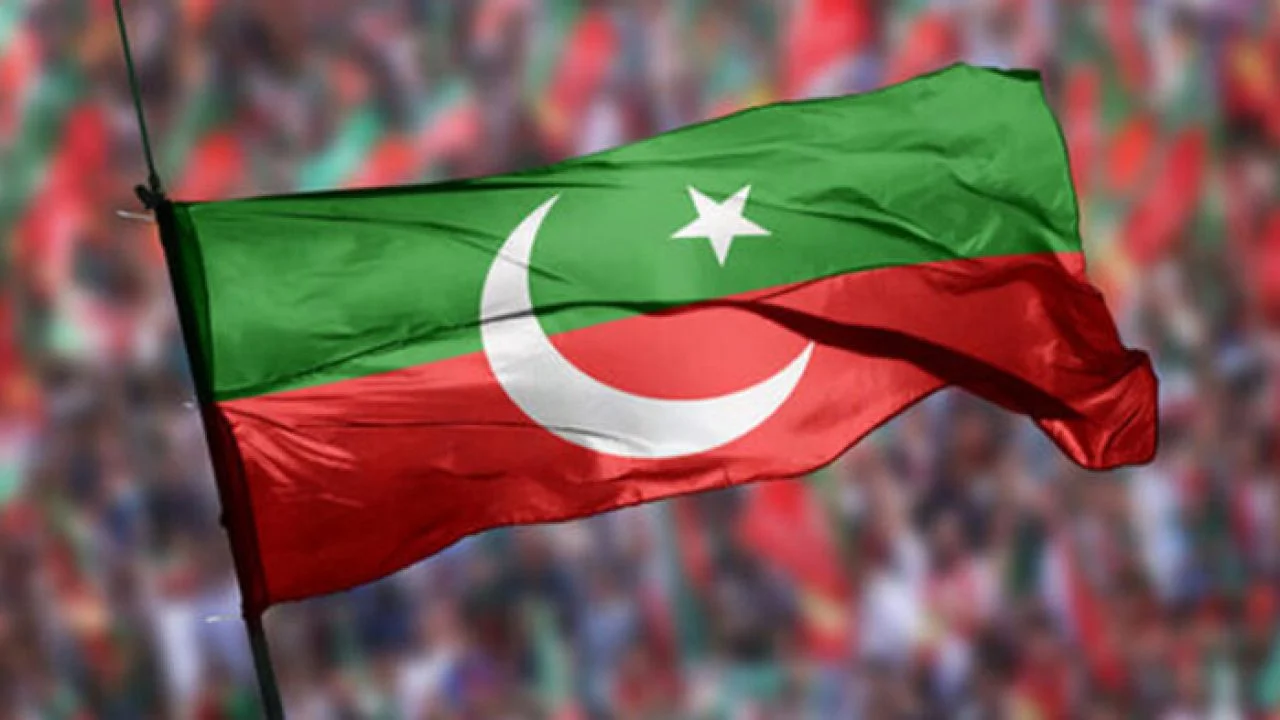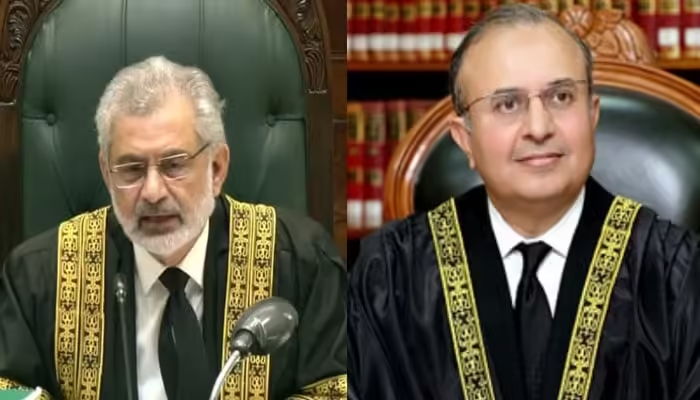In a tragic turn of events, the inquiry report into the death of Dr. Shah Nawaz, a resident of Umarkot, has brought to light critical details suggesting his death was not an encounter but rather a carefully orchestrated incident. The report, prepared by an inquiry committee led by IG Sindh, highlights a sequence of disturbing events, pointing towards police involvement in what has now been deemed a “fake police encounter.”
Background of the Case
The unfortunate incident dates back to the night of September 18, when police officials claimed that Dr. Shah Nawaz died in an alleged encounter with the Sindh police. However, Dr. Nawaz’s family and local communities raised serious questions regarding the authenticity of this claim, prompting a formal investigation.
Following mounting public pressure and suspicion, an inquiry committee comprising two DIGs and two SSPs was established to examine the incident. The committee reviewed extensive evidence, including CCTV footage, witness testimonies, and statements from involved police officers. The report, which spans 115 pages, has laid out a series of findings that appear to counter the official police narrative.
Inquiry Committee’s Findings
According to Geo News, the inquiry committee’s report provides a detailed account of Dr. Shah Nawaz’s movements leading up to his death. Key findings indicate that Dr. Nawaz was initially detained by Umarkot police at a hotel in Karachi. Upon the instructions of SSP Umarkot, Dr. Nawaz was subsequently transferred to the police in Mirpurkhas, who transported him further.
The CCTV footage analyzed by the inquiry committee shows Dr. Nawaz being moved in a vehicle belonging to SSP Mirpurkhas, which further strengthens the argument of a coordinated effort between the involved police units. After being transferred to the Jamrao check post in Mirpurkhas, Dr. Nawaz was taken to Sindhri, where he was reportedly killed approximately an hour and a half later.
Autopsy Report and Injuries
The post-mortem report of Dr. Shah Nawaz has shed additional light on the brutality of the alleged encounter. It indicates multiple injuries, including a broken shoulder bone and four fractured ribs, suggesting that he may have been subjected to physical assault prior to his death. These injuries have cast further doubt on the police’s initial narrative and led to increased scrutiny from human rights organizations, who now demand accountability for the incident.
Testimonies and Witness Statements
The inquiry committee’s report also includes statements from 24 police officers and officials, as well as testimonies from over ten witnesses. Many of these statements contradict the official story initially put forth by the police. Witnesses, including family members of Dr. Nawaz, have emphasized the peaceful nature of his character and questioned the rationale behind the police’s alleged encounter claim.
Several other key witnesses provided insights into Dr. Nawaz’s detention and transfer, corroborating the CCTV evidence that shows his movement between police custody. The inquiry committee took special care to document these accounts, given the sensitive nature of the case and the high level of public interest.
Government and Judicial Response
In response to the inquiry report’s findings, the Sindh government has taken the matter seriously, submitting the report to the High Court for a judicial inquiry. Additionally, the Sindh Human Rights Commission has voiced concerns and has urged authorities to ensure transparency in the ongoing investigation. The Home Minister has also received the inquiry report from IG Sindh, who has assured that justice will be served based on the findings.
Public outcry has also led to calls for systemic reforms within the police department. Many activists are now advocating for stricter oversight of police practices, as well as protections for citizens against potential abuses of power by law enforcement.
A Broader Issue of Accountability
The tragic case of Dr. Shah Nawaz is unfortunately one of several recent incidents that have raised concerns about police accountability in Pakistan. Advocacy groups have stressed the need for comprehensive police reforms, emphasizing that the unchecked power of certain police officials often results in incidents of misuse of authority. Incidents such as this serve as stark reminders of the need for stronger oversight, transparency, and an unwavering commitment to justice.
The inquiry committee’s report, though exhaustive, is only the first step in addressing the grievances surrounding this case. Authorities are now under pressure to ensure that those responsible for Dr. Nawaz’s death are held accountable, with a renewed emphasis on procedural fairness and integrity within the police force.
The case of Dr. Shah Nawaz’s alleged police encounter death has unearthed serious flaws within the law enforcement system. As the inquiry report reveals, there is substantial evidence pointing to the possibility of a staged encounter, rather than a genuine act of self-defense by police. With the report now in the hands of judicial authorities, the public hopes for a transparent trial that will deliver justice for Dr. Nawaz and his family.
This incident serves as a reminder of the need for ongoing reform in Pakistan’s law enforcement practices, emphasizing the importance of transparency, accountability, and the protection of citizens’ rights.



